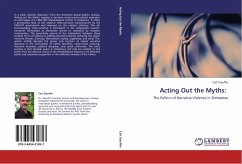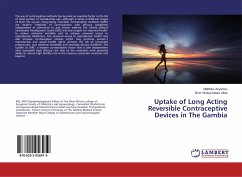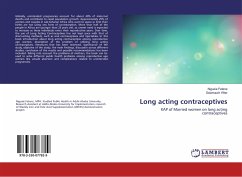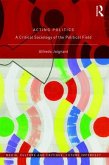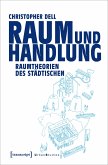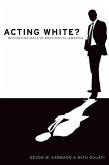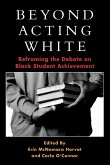In a bold, decisive departure from the dominant power-politics analysis, Acting out the Myths employs a narrative social constructionist approach to interrogate the 1980-1987 Matabeleland conflict in Zimbabwe. It offers a provocative look at the violence meta-narrative manufactured by the ZANU-PF government and imposed on the nation's citizenry. This all-encompassing meta-narrative is contrasted to the subjugated counter-narratives formulated as alternative stories of resistance by recipient communities. The generative nature of the intersection between these scripted forms of violence is skillfully deconstructed by surfacing five salient narrative themes: Ethnicity, Nationalism, Loyalty, Legitimacy, and Unity. The author artfully decodes the power and function of violent narrative discourse in the formulation of ethnic identities, nation-state ordering, historical exclusion, political discipline, and social uniformity. The text's premise is that durable peace in Zimbabwe will only be realized to the extent that the silenced voices of the Matabeleland massacres are afforded public and sustained recognition in the collective memory of the nation.
Bitte wählen Sie Ihr Anliegen aus.
Rechnungen
Retourenschein anfordern
Bestellstatus
Storno

